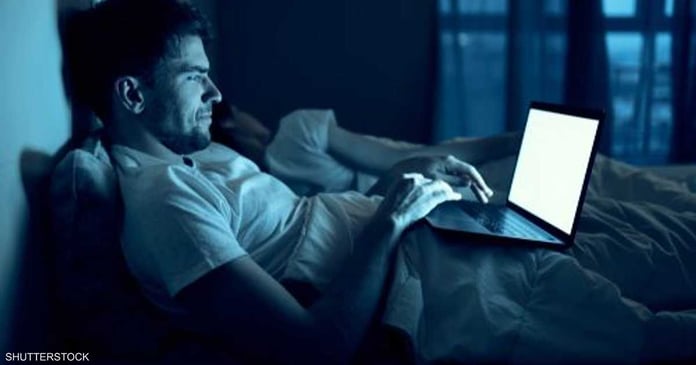And a study based on data from around half a million UK residents aged 38 to 73 concluded in 2018 that those who sleep late are 10% more likely to die of various causes than those who prefer go to bed. early, for a period of six years, years and a half.
However, this British study, which was the first on the risk of death, did not take into account several factors, including alcohol, which could be the cause of these early deaths.
A number of researchers wanted to deepen this aspect, so they carried out a study that was reviewed by other specialists and published by the specialized journal “Chrono Biology International”.
Researchers followed about 24,000 same-sex twins in Finland, who were asked in 1981 whether they preferred a daytime or nighttime lifestyle. A third of them described themselves as night-prone, and 10% said they were completely nocturnal, while rest classified as diurnal.
It has been noted that those who like to stay up late are mostly younger, but they also drink alcohol and smoke more than others.
When researchers looked at sample data in 2018, more than 8,700 twins had died.
The researchers found that those who were completely nocturnal for those 37 years were 9% more likely to die from various causes than those who weren’t.
The scientists concluded that this difference was “mainly due to tobacco and alcohol”, as those who stayed up late for those who did not smoke and drank little alcohol were no more at risk of dying prematurely than those who liked to get up early.
And the study’s lead author, Christer Hublin of the Finnish Institute of Occupational Health, said “sleepless people should reconsider their alcohol and tobacco use if they are one of their consumers. “.
He told Agence France-Presse that the exact time individuals sleep (or their chronotype) has “little or no” effect on their death rate.
Jevan Fernando, a timeline researcher at the University of Cambridge, said the results of this study are strong, but he noted some shortcomings, including that it is not possible to reliably classify individuals themselves. themselves in such and such a category. because it does not provide “objective data”. He criticized the study for not including products other than alcohol and tobacco.
Read the Latest World News Today on The Eastern Herald.


